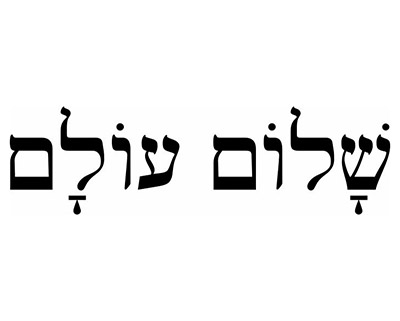Exodus 21:
Genesis 21:
Exodus 30:
He would be his slave for a finite amount of time, i.e., the rest of his life.6 then his master shall bring him to God, and he shall bring him to the door or the doorpost. And his master shall bore his ear through with an awl, and he shall be his slave forever [H5769]
Genesis 21:
It is the same word here, but now it seems to mean infinite time.33 Abraham planted a tamarisk tree in Beersheba and called there on the name of the LORD, the Everlasting (H5769) God.
Exodus 30:
The temple was destroyed over 2000 years ago. This statute is not working today. Perhaps H5769 means something like perpetual:17The LORD said to Moses, 18“You shall also make a basin of bronze, with its stand of bronze, for washing. You shall put it between the tent of meeting and the altar, and you shall put water in it, ... 21 They shall wash their hands and their feet, so that they may not die. It shall be a statute forever [H5769] to them, even to him and to his offspring throughout their generations.”
See also Forever vs eternaloccurring repeatedly; so frequent as to seem endless and uninterrupted.


